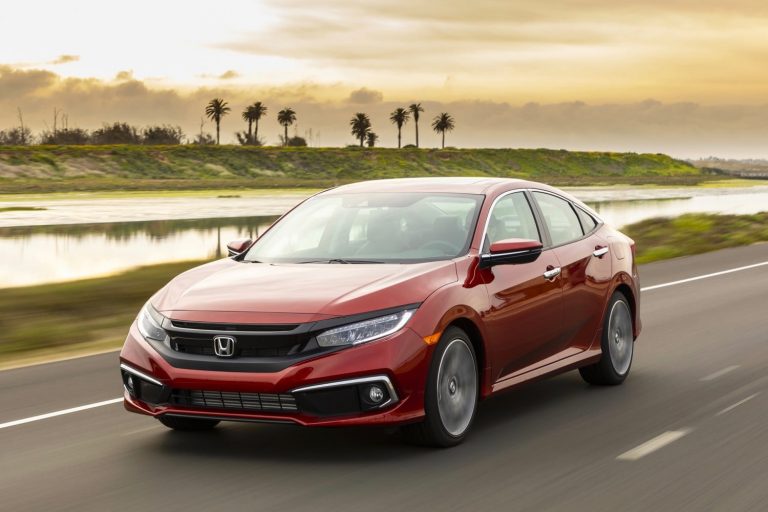Getting a new car can be really exciting but you may not know how much to send on your next vehicle. Whether you’re choosing to get your next car on finance or by using cash or savings, your budget is always priority! You may want to use your savings and pay a lump sum with no more payments, or you could use some of your savings towards a car finance deposit, but you should never over stretch yourself. For many people, having a car is essential to getting around so it should be an investment that works for you each month. Let’s take a look at how much you can work out how much you should spend on your next car.
Budget first
It can be really exciting to shop for cars, but you can’t go shopping without know what your budget is! The first thing you should do is work out your car costs and how much it will cost to maintain your vehicle. If you’re considering getting a car on finance, your budget will most likely be how much you can spend on your car each month. You should also factor in other associated costs such as APR and interest rate. It’s worth bearing in mind that applying for car finance with bad credit could mean you pay more in interest rates which bumps up the cost. Your budget should also consider other car ownerships costs such as car insurance rates, fuel costs, MOT and repairs, servicing costs and road tax. Overall, you should make sure your car finance budget is affordable and realistic as its crucial you can pay it back each month.
Deposit contribution
If you don’t want to use your savings on getting a car, you could consider using part of your savings as a deposit for car finance. The more you put down for car finance can help to reduce the amount you need to pay back. This in turn can reduce your interest rate offered and also lower your monthly payments. However, if you need a vehicle in a hurry and don’t have a deposit, there are a number of no deposit car finance deals you can benefit from that have affordable monthly payments.
Depreciation
Another factor you could consider is the rate of depreciation. Depreciation is the difference between the amount you buy your car for and the value of your car when you come to sell it or trade it in. Typically, newer cars will take the biggest hit in deprecation in the first year of being on the road. Depreciation tends to slow down after the third year and usually reaches a standstill by the 8th year of ownership. Depreciation may affect you differently, depending on whether you’re after a new or used car. Choosing a car that depreciates at a slower rate can help you to save money in the long run.
Financing options
If you are looking to get car finance to fund your next vehicle. You may be offered different rates each month depending on the type of finance agreement you choose. In general, there are three main types of car finance agreement, which include: personal loan, hire purchase and personal contract purchase. We advise looking into each in more detail before you make your choice.
- Personal loans can offer low rates but can be reserved for those with good credit score. This is because they are offered by banks or building societies and aren’t secured against an asset. This means you can sell the car when you want and without permission from the finance company.
- Hire purchase car finance deals tend to have higher monthly payments than other options. This is because you are spreading the whole cost of your chosen vehicle into affordable monthly payments with interest. The car belongs to the finance lender until the final payment has been made, the car is then yours to own and you can sell it or keep it as you wish.
- Personal contract purchase agreements tend to have lower monthly payments than other options. This is because you don’t cover the cost of the vehicle but instead the cost of depreciation. However, this means at the end of the agreement, in order to keep the car, you will need to pay a large lump sum. Alternatively, you can hand the car back to the dealer or use the resale value towards another car.


0 Comments